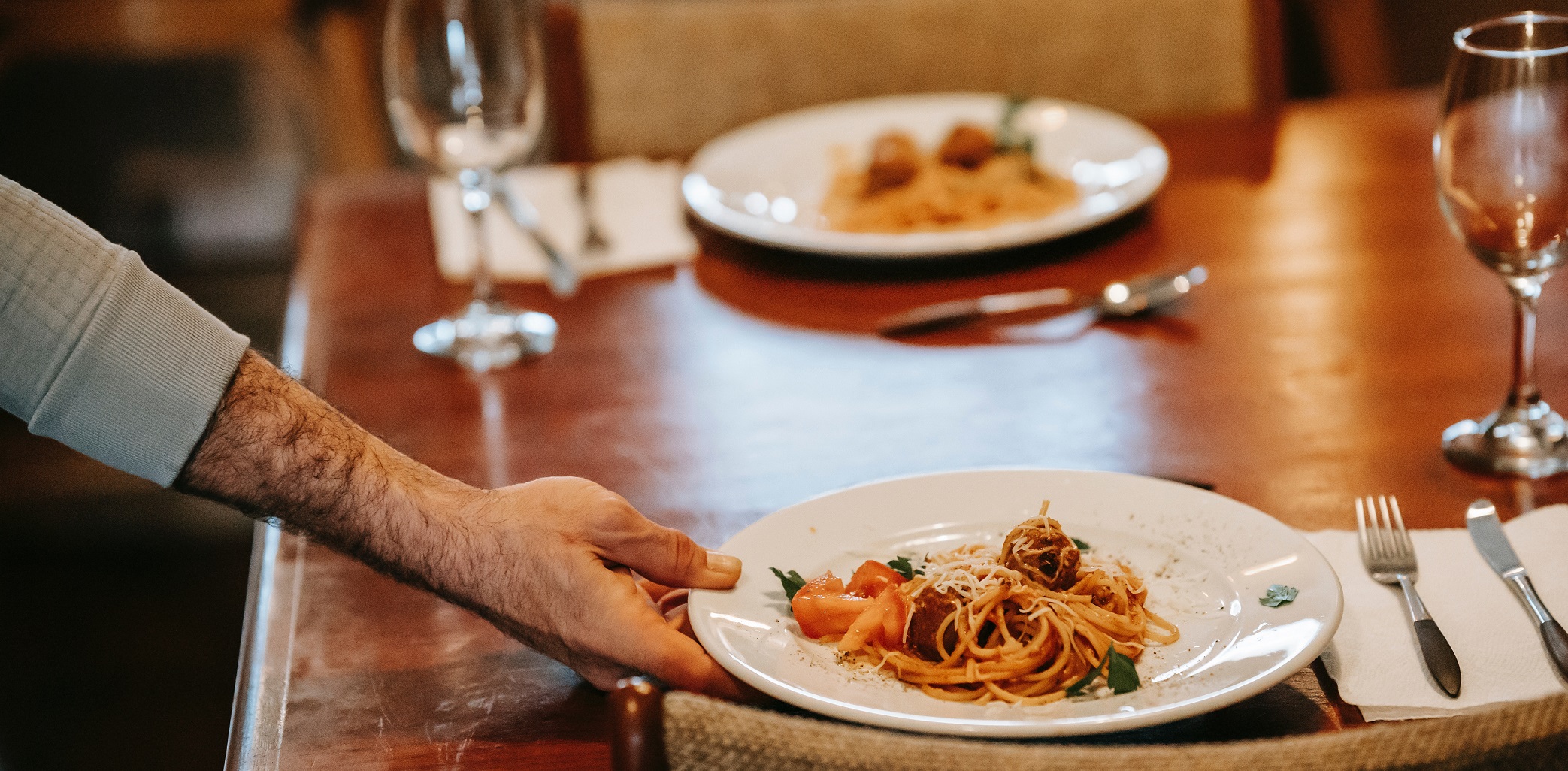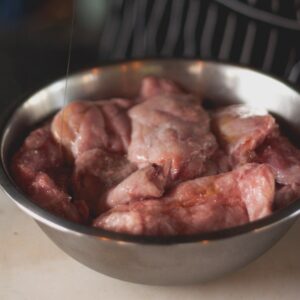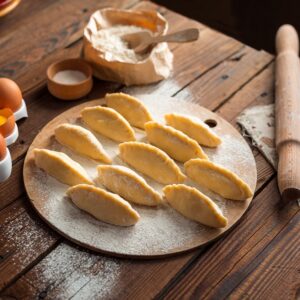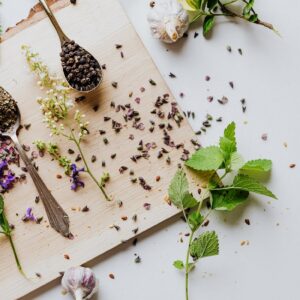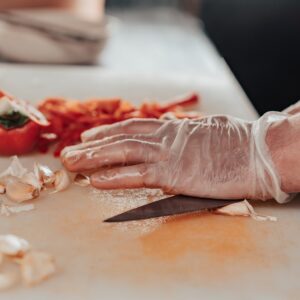Good cooking requires a combination of skills, techniques, and creativity. Whether you are a beginner cook or a seasoned chef, there are certain elements that are essential to producing delicious and satisfying meals. Here are 10 of the most important elements of good cooking:
Proper Technique: Good cooking requires a solid understanding of basic cooking techniques, such as sautéing, roasting, boiling, and baking. Understanding these techniques and how to execute them correctly is essential to producing well-cooked and delicious dishes.
Quality Ingredients: The quality of the ingredients you use will greatly impact the flavor of your dishes. Using fresh, seasonal, and high-quality ingredients will ensure that your dishes taste their best.
Flavor Balance: Good cooking requires a balance of flavors. This includes balancing sweet, sour, salty, bitter, and umami flavors to create a harmonious and satisfying taste experience.
Attention to Detail: Good cooking requires attention to detail, from properly measuring ingredients to paying close attention to cooking times and temperatures. Taking the time to focus on the details will help ensure that your dishes come out perfectly every time.
Timing is Key: Good cooking requires good timing. Knowing when to add ingredients, how long to cook them, and when to remove them from heat is essential to producing well-timed and delicious dishes.
Proper Equipment: Having the right tools and equipment in the kitchen is essential to good cooking. Whether it’s a sharp knife, a good set of pots and pans, or a reliable set of measuring cups and spoons, having the right equipment will make your cooking experience easier and more efficient.
Understanding Food Science: Good cooking requires an understanding of food science, including how heat affects ingredients and how different cooking methods impact the texture and flavor of food.
Creativity: Good cooking requires creativity and a willingness to experiment. Trying new recipes, ingredients, and cooking methods will help you expand your culinary horizons and discover new and delicious dishes.
Patience: Good cooking requires patience. Whether it’s waiting for a sauce to reduce, a cake to bake, or a roast to cook, taking the time to wait and be patient will help ensure that your dishes come out perfectly every time.
Enjoyment: Good cooking is meant to be enjoyable. Whether you are cooking for yourself, your family, or friends, taking the time to enjoy the process and have fun in the kitchen will result in delicious and satisfying dishes.
Understanding of Cultural Cuisines: Good cooking requires an understanding and appreciation of different cultural cuisines. This includes knowledge of traditional cooking methods, ingredients, and flavors, as well as an understanding of the cultural significance of food in different communities.
Presentation: Good cooking requires an understanding of presentation. The way a dish is arranged on a plate, the use of color and texture, and the addition of a garnish can greatly impact the overall dining experience.
Food Pairing: Good cooking requires an understanding of food pairing. This includes knowledge of which ingredients and flavors complement each other, as well as an understanding of how different ingredients interact with each other.
Proper Food Safety: Good cooking requires an understanding of food safety. This includes knowledge of safe food handling practices, proper food storage, and the importance of cooking food to the appropriate temperature to kill harmful bacteria.
Adaptability: Good cooking requires adaptability. Whether you are working with seasonal ingredients, dealing with dietary restrictions, or adjusting a recipe to suit your tastes, being adaptable and flexible in the kitchen will help you produce delicious and satisfying dishes.
Sustainability: Good cooking requires an understanding of sustainability. This includes using ingredients that are sustainably grown and produced, reducing food waste, and considering the environmental impact of your cooking choices.
Collaboration: Good cooking can also be a collaborative experience. Whether you are cooking with friends and family, or working with a team in a professional kitchen, collaborating and sharing ideas can lead to new and exciting dishes.
Tradition: Good cooking can also be a celebration of tradition. Whether you are preserving family recipes, or cooking traditional dishes from your culture, honoring tradition in the kitchen can be a meaningful and rewarding experience.
Understanding of Spices and Herbs: Good cooking requires an understanding of spices and herbs and how to use them to enhance the flavor of your dishes. Knowing which spices complement different ingredients, and how to balance the use of spices and herbs to achieve the desired flavor, is an important aspect of good cooking.
Knife Skills: Good cooking requires good knife skills. Whether you are chopping vegetables, slicing meat, or mincing herbs, having good knife skills will make your cooking experience easier, faster, and more enjoyable.
Mise en Place: Good cooking requires the concept of mise en place. This means having all of your ingredients prepped and ready to go before you start cooking. This will help you cook more efficiently and avoid last-minute stress.
Understanding of Cooking Methods: Good cooking requires an understanding of different cooking methods and how to use them effectively. This includes knowledge of grilling, braising, roasting, and more, and understanding how different cooking methods impact the texture and flavor of food.
Passion: Good cooking requires passion. Whether you are cooking for yourself, your family, or for others, having a passion for cooking and a love for food will result in delicious and satisfying dishes.
Curiosity: Good cooking requires curiosity. Being curious about new ingredients, cooking methods, and cuisines will help you expand your culinary horizons and discover new and exciting dishes.
Practice: Good cooking requires practice. Whether you are trying a new recipe, perfecting a technique, or experimenting with a new ingredient, practicing your cooking skills will help you become a confident and successful cook.
In conclusion, these elements of good cooking are the foundation for producing delicious and satisfying meals. By understanding proper techniques, using quality ingredients, paying attention to detail, and having patience and creativity in the kitchen, you will be well on your way to becoming a confident and successful cook.
